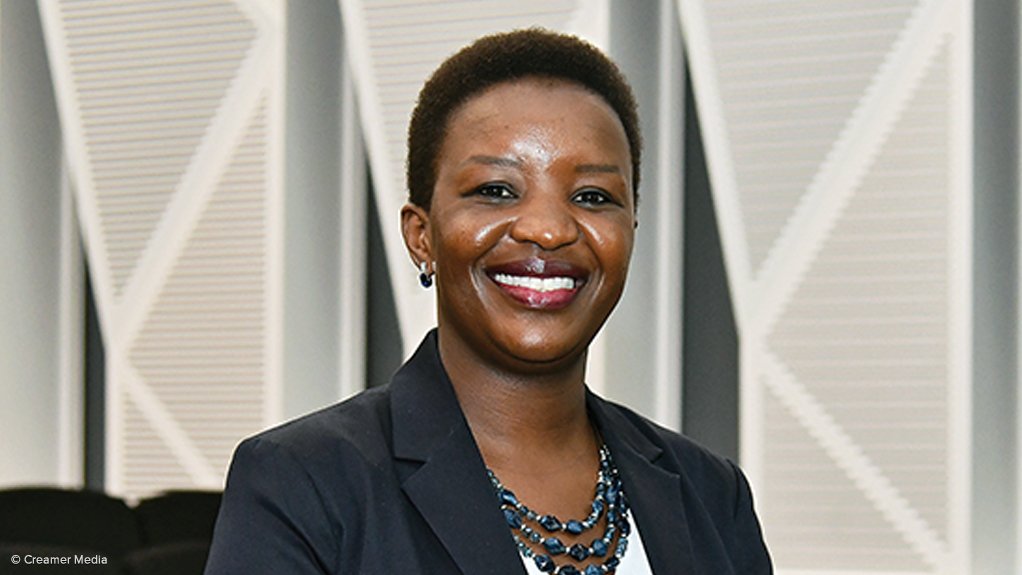/ MEDIA STATEMENT / The content on this page is not written by Polity.org.za, but is supplied by third parties. This content does not constitute news reporting by Polity.org.za.
The climate is becoming the single most important global economic concern. This year has been the hottest ever and climate disasters have accelerated. There are many datapoints showing this, such as that the United States has already recorded more $1bn disasters this year than ever before while, locally, several temperature records have been broken this year. The need for global coordinated action has never been more obvious.
That is why COP28, which starts this week in Dubai, will be a very important event, especially for us. We are a unique country – vulnerable to climate change given our water scarcity and ecology, and yet largely still economically dependent on coal and other fossil fuels. We must transition our economy but do it in a way that ensures justice for those whose jobs and livelihoods are at risk in a transition. We must do so while also solving our electricity crisis and lifting the most vulnerable out of poverty. This is a difficult set of objectives to achieve simultaneously, calling for all of us to work together.
The good news is that there is global goodwill in supporting South Africa’s transition. COP28 will be an important opportunity for us as a country to develop this goodwill and translate it into flows of investment to fund the infrastructure needed to transition our economy. The Just Energy Transition Investment Partnership (JET-IP), first tabled at COP two years ago, envisages$8.5bn (R160bn) of investment support from the biggest economies for South Africa’s transition. That vision has to be turned into reality in Dubai, with a practical implementation plan that can catalyse investment across the economy. However, we must be careful not to be overly focused on the JET-IP as if it can solve all problems – the $8.5bn is only a small part of the total investment needed. Indeed, the delegation representing South Africa last week told parliament that an estimated $26bn-$41bn is needed every year for Africa alone to implement adaptation actions. The JET-IP must be catalytic in mobilising investment by de-risking projects for normal commercial capital to be able to invest.
President Cyril Ramaphosa is expected to be leading the South African delegation, with minister Barbara Creecy and her colleagues from the Department of Forestry, Fisheries and the Environment driving the agenda. Apart from consolidating the JET-IP investment, the delegation will be looking to drive momentum on global commitments to support African countries to manage climate risks, including a loss and damage fund to support the most vulnerable countries facing climate disasters and a clearer investment framework to fund adaptation investments across the continent. The DFFE has done good work to institutionalise our climate transition framework, including the recent Climate Change Bill that will provide a framework for emissions targets across the economy.
While most of the conversations at COP will be about official development funding and concessionary investment by global development finance institutions, it is important that the delegation keep the role of the private sector in mind. Indeed, in the South African context, it is private sector investment that has been responsible for by far the majority of new renewable energy plants. Our partnership with government to tackle the electricity crisis is seeing massive additional investment by private companies to build generating capacity, almost all of it from renewable sources, saving considerable volumes of CO2 emissions. Whatever global funding that can be raised should be used to mobilise private funding if we are to have any hope of getting to the volumes of investment needed. That means channelling global funding appropriately to de-risk projects and ensure they are bankable by the private sector. Official funding can also support the justice elements of the transition, enabling communities that will be negatively affected by the exit from fossil fuel generation to find new opportunities, and ensuring that the economic development spurred by the transition is effective in reducing poverty.
As the transition conversation widens in scope and vision, the proven success of public-private partnerships must guide actions. Our green transition provides many opportunities to drive development and growth, from the potential of a new green hydrogen sector to industrialisation across the value chains related to green electricity generation. It takes private sector know-how and capital to turn these visions into reality, and government will need to facilitate that with appropriate regulation that incentivises transition while partnering to catalyse the speed with which investment can flow.
If government and business work together optimally, our transition ambitions can be achieved. COP28 is an opportunity to solidify global support for the work that must be done. I wish the delegation all the best and look forward to working with them to mobilise the private sector to drive transition.
Issued by BLSA
EMAIL THIS ARTICLE SAVE THIS ARTICLE ARTICLE ENQUIRY
To subscribe email subscriptions@creamermedia.co.za or click here
To advertise email advertising@creamermedia.co.za or click here











